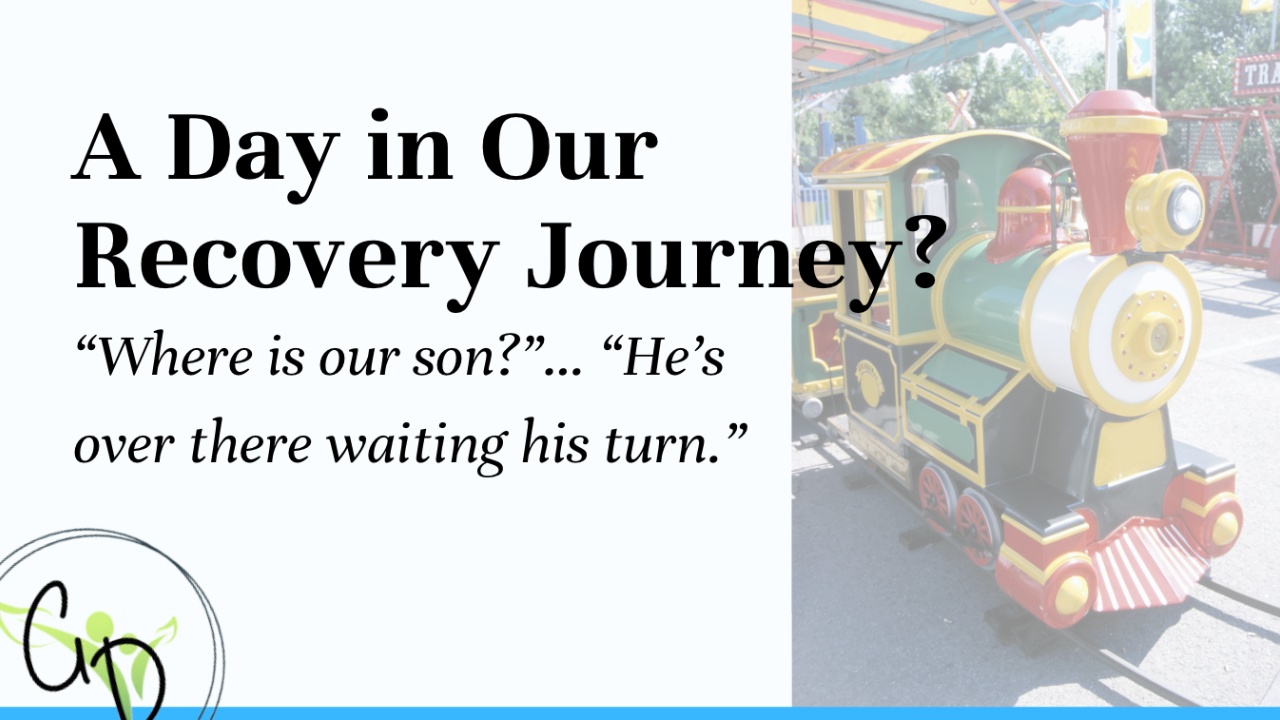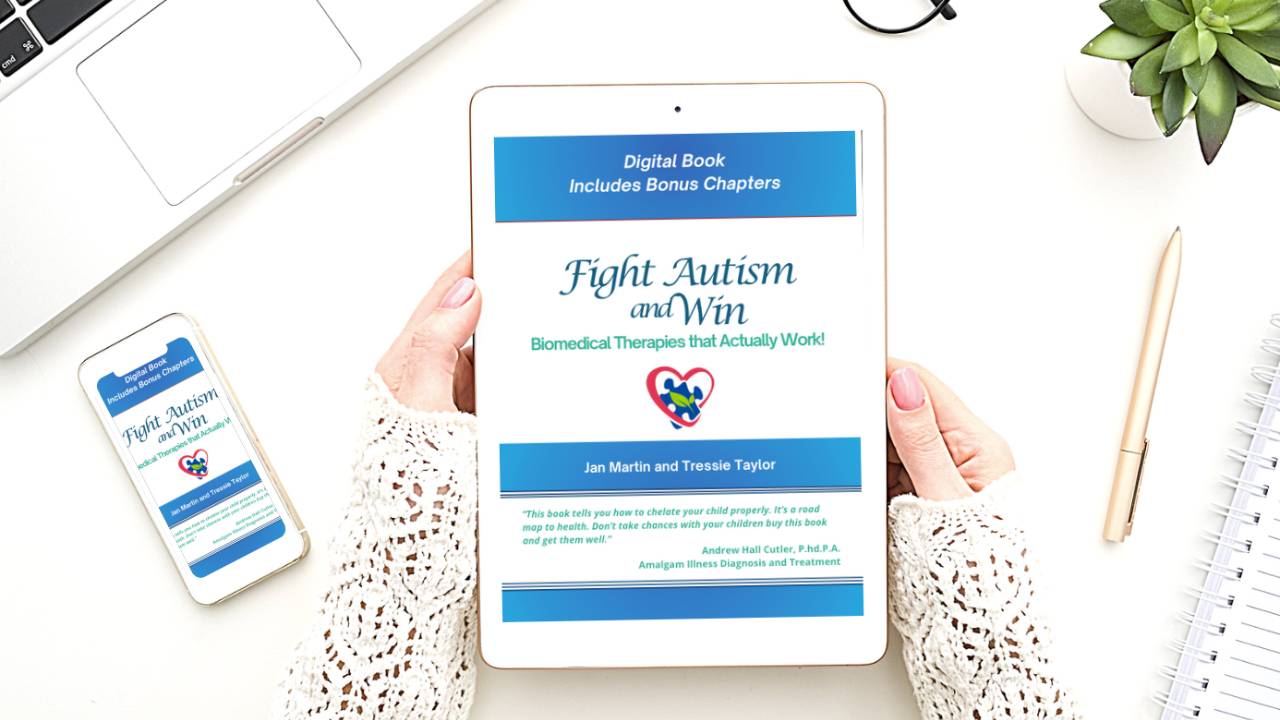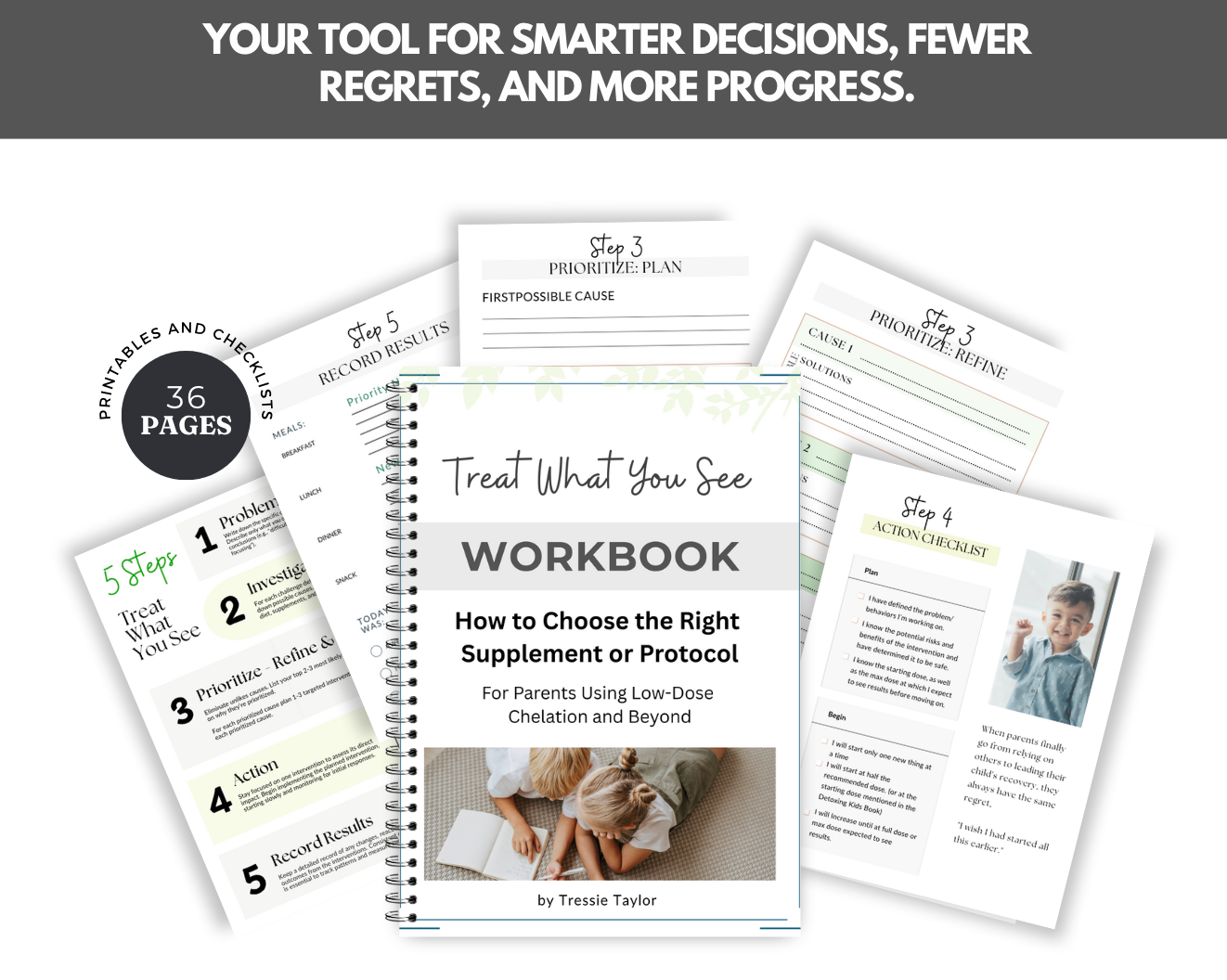From Meltdowns to Milestones: Our Family’s Detox Story

There was a time when I dreaded family outings.
I could already picture the ending: me, sweaty and exhausted, dragging a screaming child back to the car while other families looked on with pity.
So when my husband announced he was taking all the kids to the Katy Railroad Festival—alone—I thought, “Well, good luck with that, buddy.”
But when I showed up later, I froze in my tracks.
My son wasn’t melting down.
He wasn’t bolting.
He was… standing in line.
Patiently. With other kids. Grinning ear to ear.
That’s when I knew: this detox thing wasn’t just about language. It was about life.
Living in Survival Mode
When we started, life was hard.
Numbers don’t lie: His first ATEC score was 132. (For perspective, “typical” kids score under 10.)
Everyday reality: Meltdowns. Constant supervision. Zero safe play with his baby brother. If we dared to go to an event, it ended with me carrying him out kicking and screaming.
Connection felt impossible: No pretending. No imagination. No back-and-forth. Just rigid routines and endless scripts.
I didn’t just want survival. I wanted connection.
Detox in Action
We began ACC chelation—round after round, slow and steady. No magic wand. No overnight fix. But every time we pulled metals, more of him came out.
-
Play with his brother: He could finally join in without me hovering in fear.
-
Pretend play appeared: He made up stories, told jokes, even narrated dreams.
-
Milestones rolled in: fibbing about sugar (“It’s a sandwich!”), teasing his sister, pulling pranks. (Not polite… but gloriously typical.)
-
Emotional growth: He answered “W” questions, explained feelings mid-tears, and giggled at his own jokes.
-
Outings transformed: No more emergency exits. He could wait his turn, sweaty and hot, just like every other kid.
Each gain stacked on the last until life felt less like crisis management and more like… well, family.
Results That Stuck
His ATEC score dropped: 132 ➝ 82 ➝ 37 ➝ 15 ➝ 5 ➝ 0.
His principal wanted him tested for the gifted program. He was chosen to read on stage in front of the whole school.
His teacher described him as “more mature than the other kids.” And when pressed for a deficit? The best she came up with:
“Sometimes he gets so happy he squeals—and it’s contagious.”
(Not a deficit. A superpower. ✨)
Socially, he blended in so well I once begged his teacher for something to worry about. She had nothing.
And today? He’s 20, in his third year of college, building friendships, dreaming big about his future.
Our Transformation
Chelation didn’t just give me a child who could talk.
It gave me a child who could laugh, play, connect, and thrive.
It gave us family outings instead of family disasters.
It gave us stories and jokes instead of silence.
It gave us hope.
And here’s the part I never expected: it gave me back the ability to breathe.
👉 If you’re standing where I once was—counting meltdowns, avoiding outings, watching milestones slip by—please know: it doesn’t have to stay this way.
👉 Get your copy of Fight Autism and Win—the step-by-step guide I wish I had when I was in the trenches. Inside, you’ll find the exact protocols and practical steps that helped me recover my son and have now helped thousands of families do the same.
Because sometimes the biggest gains aren’t just words—
They’re the life you get back.



